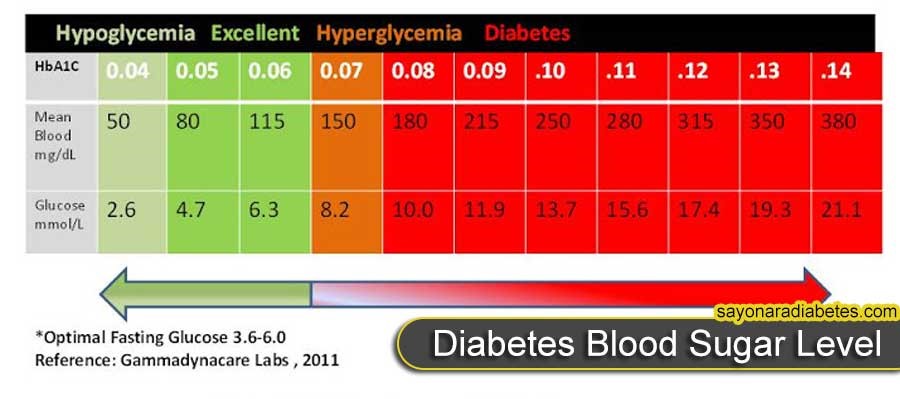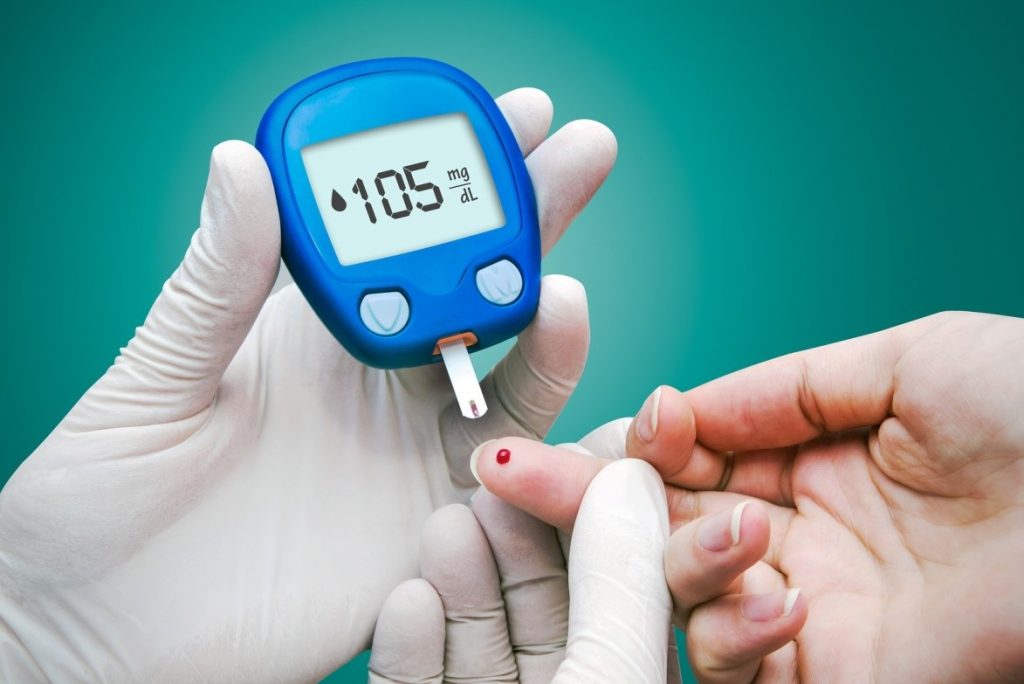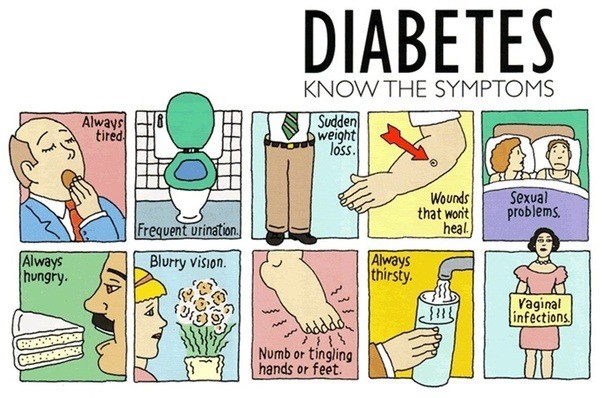When it comes to “diabetic self-management” then understanding blood glucose or sugar level has been the key part of it. It is important to have knowledge about the normal blood sugar level even if you are not diabetic. Having enough, knowledge about it let you figure out your current health condition. One can monitor their sugar level and take certain precautions if it seems to cross the normal range. This content is going to states “blood sugar levels chart by age” plus it gives you some important tips on how to keep it under normal range? But before that, let’s understand the entire concept of the basics.
Blood sugar- what is it?
Blood sugar is defined as the amount of glucose presents in our blood. Whenever we eat something, it does get converted into glucose (which is a source of energy). Blood sugar or glucose level between 73mg/dl- 180mg/dl is considered normal. However, a minor difference in blood sugar level is quite common and varies person to person. Our glucose level tends to fluctuate due to infection, the food we eat, stress, etc.
Normal blood sugar level (according to age)
A healthy person blood sugar level ranges between 4-6 mmol/L (72 mg/dL- 108 mg/dL).
However, the normal glucose level of an adult is different from children. The above-mentioned range has described the normal the blood level on adults.
Talking about children then the desired sugar level ranges between 100 mg/dL-180mg/dL( for kids up six years). For children between 6-12 years of age, the normal range is between 90mg/dL-180 mg/dL. For children above 13 years of age, it is similar to adults.
On the internet, there are many blood sugar levels charts by age that can describe the normal blood sugar level for the different age group. The chart even describes you where are you standing right now, what precautions to take and risk associated with high as well a low blood sugar level.
Let me summaries he brief chart into short along with the goals. Let’s explain to those who are:
Non-diabetic
- The normal value (on empty stomach) is less than 6 mmol/L or 110 mg/dL
- The “limited value”( on empty stomach) is between 110 mg/dL- 125 mg/dL
- If it is more than 7.0 mmol/L or 125 mg/dL(on empty stomach), then there are possibilities of diabetes
- If the value is more than 198 mg/dL( anytime ), then it also indicates that there are possibilities of diabetes
Diabetic
On empty stomach or before fasting, it ideal level should be between
70 – 130 mg/dL
- Before supper, snack or launch, the ideal level should be similar to the above one, i.e., before breakfast
- Two hours after having meal, it should be less than 180 mg/dL
- At bedtime, it should range between 90 – 150 mg/dL
The chart is excellent for diabetic people as it let hem to track their current blood sugar level as well as control it at the right time. Now, let’s understand the meaning of high and low blood sugar level.
Low blood sugar levels and symptoms
Blood sugar level below 70mg/dL is considered low, and it is indicated by the symptoms like sweating, hunger, tremor, headache, drowsiness, confusion, etc. However, in some cases, people experience symptoms that are unusual, but it does happen to very few patients.
High blood sugar and symptoms
This one is chronic and known as diabetes. Large and small arteries vascular walls have been affected by high blood sugar. This entire process is known as atherosclerosis. If your sugar level is more than 110 mg/dL (on an empty stomach) or reaches to 200 mg/dL( anytime), then you have a high blood sugar level.
Organs like brain, heart, nerves, kidney, etc. that have abundant blood circulation are affected by this chronic condition. In severe cases, it leads to the failure of some organs like kidney or the abnormalities gets more intense. High blood pressure can be life-threatening if doesn’t control properly. Along with this, this single health condition can lead to other health issues as well.
Symptoms of diabetes
Because the human body is complicated to understand, symptoms may vary or may be the symptoms I am about to list down below may be associated with another health condition. So, you can consider it but do not rely on it until you get a diabetic test. So, here are the symptoms:
- Impaired vision is a common symptom
- Fatigue as many diabetic patients feel tired all the time
- Itchy skin and other skin issues
- Skin infections or slow healing of wounds
- Felling of dizziness
- Increased appetite
- Heavy dehydration
People are having Type 1 diabetes experience severe symptoms as compared to the people who have Type 2 diabetes. Sometimes, type 2 diabetic patients don’t experience symptoms at all until the last stage.
How to deal with diabetes?
Right now, there is no cure for diabetes and can only be controlled. Medications may be helpful as it minimizes your discomfort, but only a proper diet can help you to control it properly. The condition can be suppressed but cannot be cured. So, how to control it?
- At first, have a test to get assure about your condition. Online contents may be helpful, but those are only views. You need a proper medical examination if you think your symptoms are the result of diabetes.
- The next thing is to walk and exercise every day, at least for 10 minutes. Go on a morning walk, d some cardio, etc. but only under the supervision of a professional.
- Diet is an essential key in here as you need to avoid or eliminate sugary food like white rice, processed food, refined grains, etc. Everything that isn’t organic as well as whole grain.
Conclusion
Diabetes is hard to manage when you have not too much money, but one has to do it if they don’t want their condition to get worse. That’s why I stopped buying coffee from coffee shops and use the money for buying medications.. With proper diet and exercise, a diabetic person can live a normal life like healthy people. Those who are pre-diabetic need to watch their lifestyle and diet a well. Do not let this health issue ruin your life or stop you from living a good life. A small sacrifice can save your life.
Related Posts















